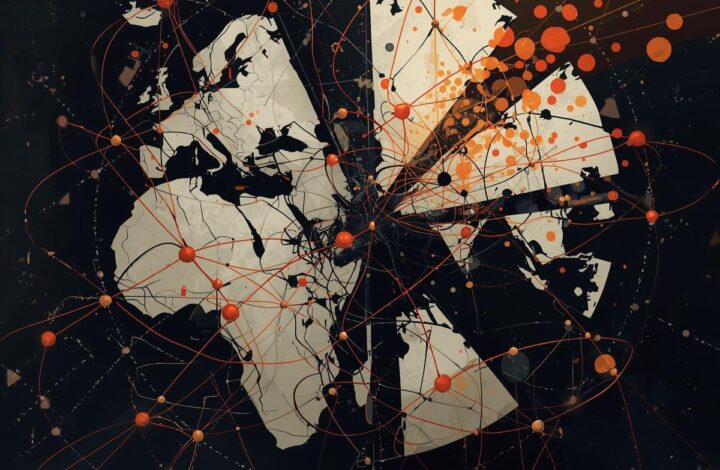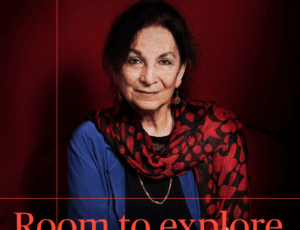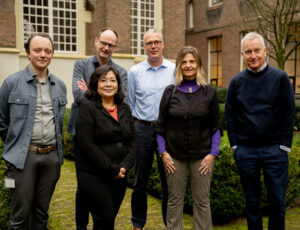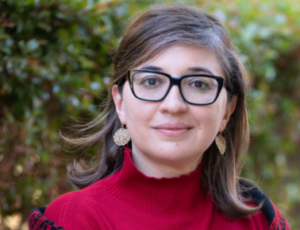
CAT-Group “How to Research Corruption?” to Visit NIAS
Critical Reflections on Concepts, Data and Methods
16 October 2025Corruption remains a global societal problem, affecting democracy, welfare, and development. In increasingly globalised and digital societies, new forms of corruption emerge alongside traditional ones, prompting governments, NGOs, and private companies to seek evidence-based anti-corruption policies. Despite well-established research across disciplines, corruption’s secretive nature complicates operationalisation and measurement. Communication between disciplines has been limited, leaving research fragmented. The CAT-group aims to bridge these gaps by connecting theoretical and methodological approaches across fields.
Their project seeks to raise awareness of the challenges corruption researchers face and equip current and future researchers with strategies to address them. In 2023, the group conducted an expert survey of academics, policymakers, and investigative journalists, exploring difficulties in data collection and analysis. They also established a permanent methodological workshop for young researchers at the ICRN Forum and participated in international conferences and panels.
The project emphasises ethics and security in handling sensitive information and contributes to developing new methodological standards, promoting innovative educational tools, and strengthening the international corruption research community. It is conducted in collaboration with the Interdisciplinary Corruption Research Network, where team members also serve on the board.
Links:
Team
- Ilona Wysmulek, PI, Sociology, Institute of Philosophy and Sociology, Polish Academy of Sciences, Warsaw, Poland
- Marina Povitkina, Political Science, Quality of Government Institute, Gothenburg, Sweden / University of Oslo, Norway
- Oksana Huss, International & Area Studies, Research Center Trustworthy Data Science and Security, University Duisburg-Essen, Germany
- Nils Köbis, Psychology & Economics, Research Center Trustworthy Data Science and Security, University Duisburg-Essen, Germany
- Christopher Starke, Communication & Philosophy, University of Amsterdam, Humane AI, The Netherlands
Constructive Advanced Thinking Theme Group (CAT-group)
Incubated in the Network of European Institutes for Advanced Study (NETIAS) and supported by 11 Institutes for Advanced Study, the Constructive Advanced Thinking (CAT) initiative aims to foster networks of excellent early-career researchers dedicated to devise new ideas to understand and to tackle current or emerging societal challenges. In order to engage in fruitful discussions and mature their ideas, the groups have the opportunity to meet for short stays in different NETIAS-institutes, and to be put in contact with the institutes’ fellows and local research communities. Although the programme has a strong focus on the societal relevance of the projects, it is entirely blue sky, bottom-up and non-thematic. CAT encourages a collaboration with stakeholders outside academia (industry, policymakers, NGOs…) who are willing to support or engage in innovative research initiatives. Every year NIAS hosts several CAT-groups.



